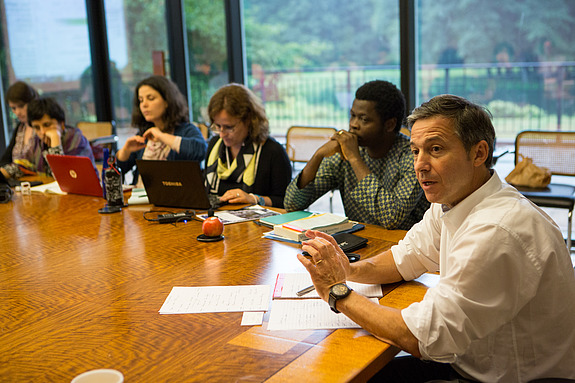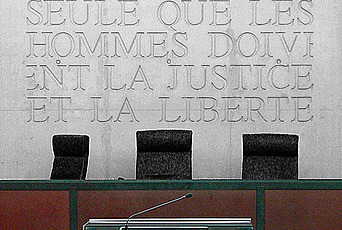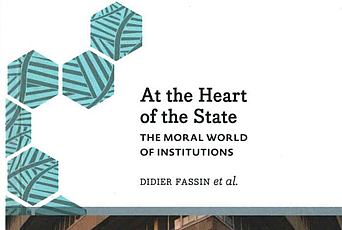What Is a State?

What is a state? Answers to this question vary, depending on whether they are provided by a political philosopher, a political scientist, a legal scholar, or a historian. We propose our own response as sociologists and anthropologists. But rather than in its disciplinary configuration, the specificity of our approach resides in its method: ethnography. A political organization governing a given territory and its population, the state is generally studied in terms of its formation, structure, functions, laws, and relations with other similar entities. Such an approach presupposes not only a macropolitical perspective, which tends to produce a relatively abstract representation from above, but also an a priori definition, which delimits the scope of the study.
Our method adopts a symmetrical view. It is inductive, micro political, and from below. It is based on the participant observation of various institutions through the routine work of their agents and the everyday interactions with their publics. We do not determine in advance what the police, the justice system, the prison apparatus, the welfare services, and the mental health facilities are, but we examine the situations and problems which the people who belong to these institutions are confronted with, and analyze how they manage them: our theory of the state is therefore constructed empirically. We do not presume that it is a unified entity, but explore the diversity of its rationalities: we analyze, for instance, the tensions and contradictions existing between the logics of security and rights, the principles of coercion and responsibility. The state, we believe, is what its agents do under the multiple influences of the policies they implement, the habits they develop, the initiatives they take, and the responses they get from their publics. By inverting traditional perspectives, whether they be normative or deductive, ethnography thus offers a unique way of approaching the state. ––DF


